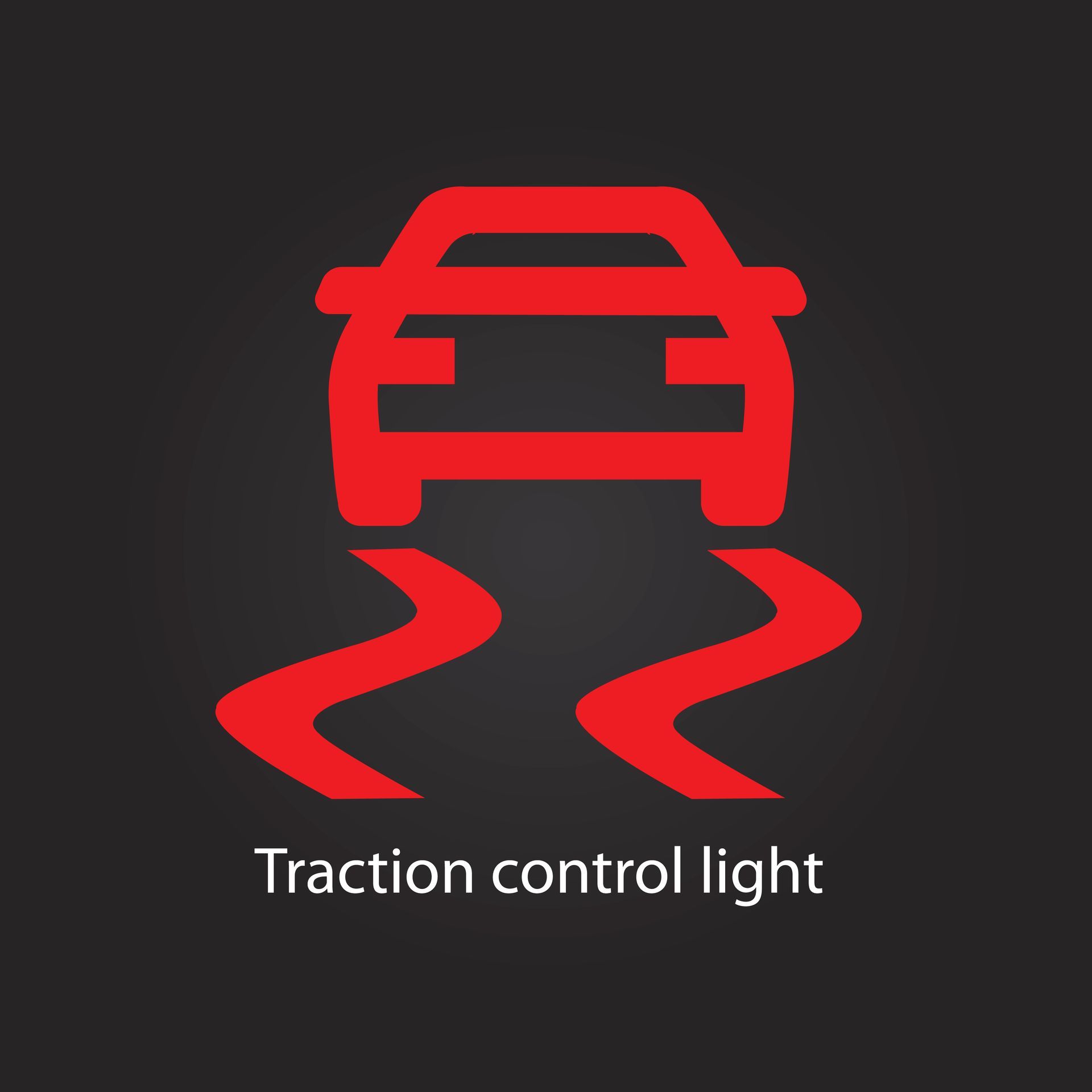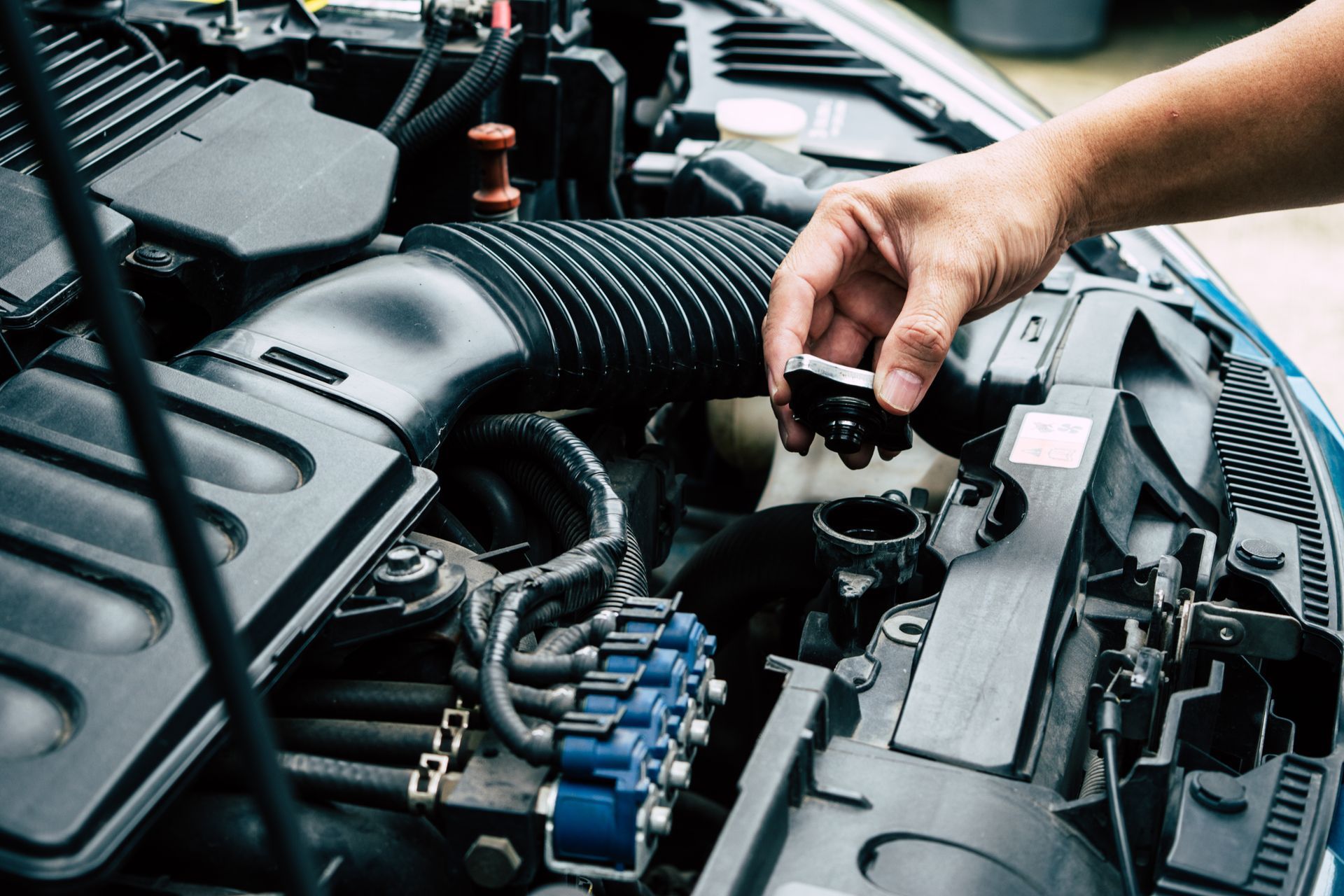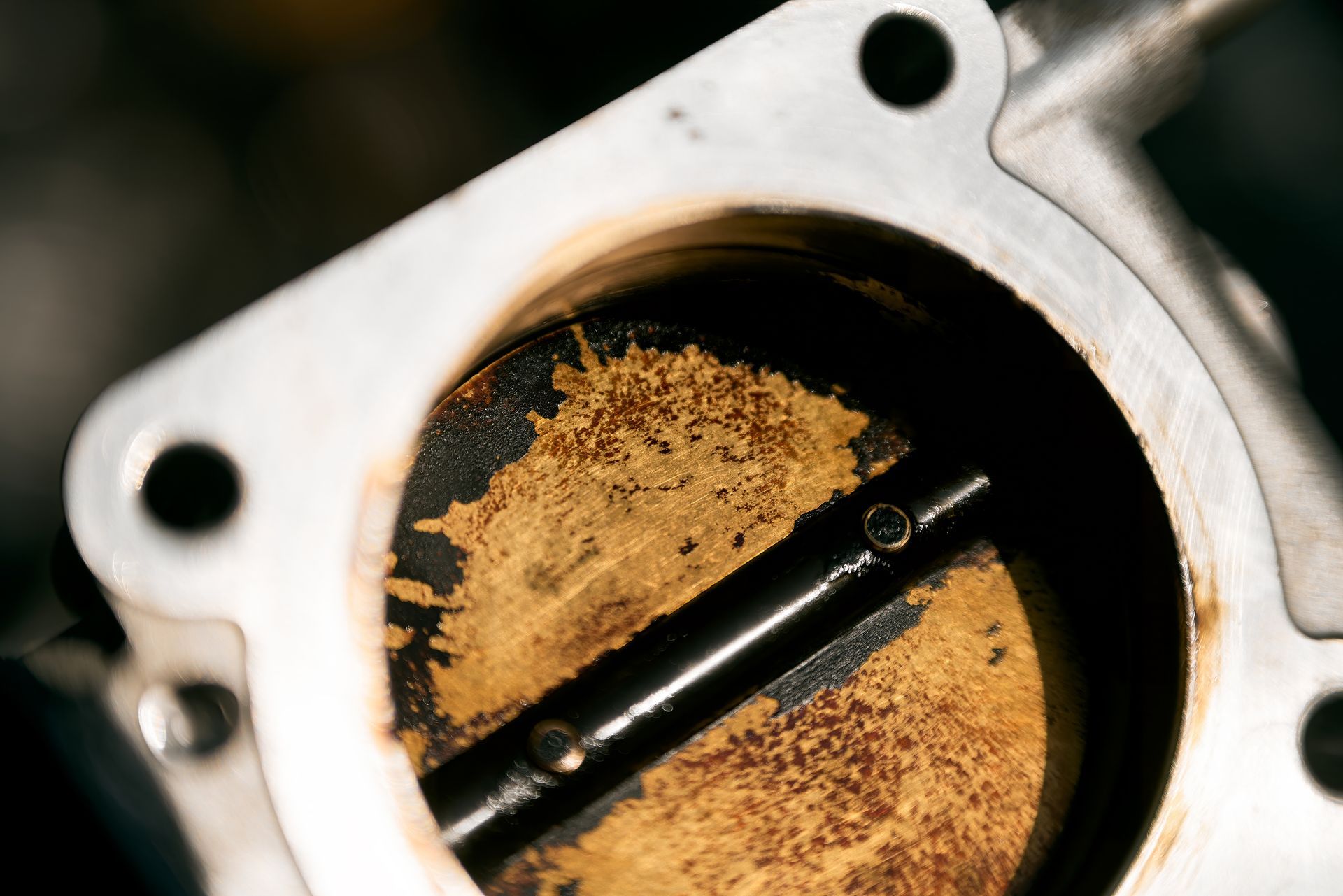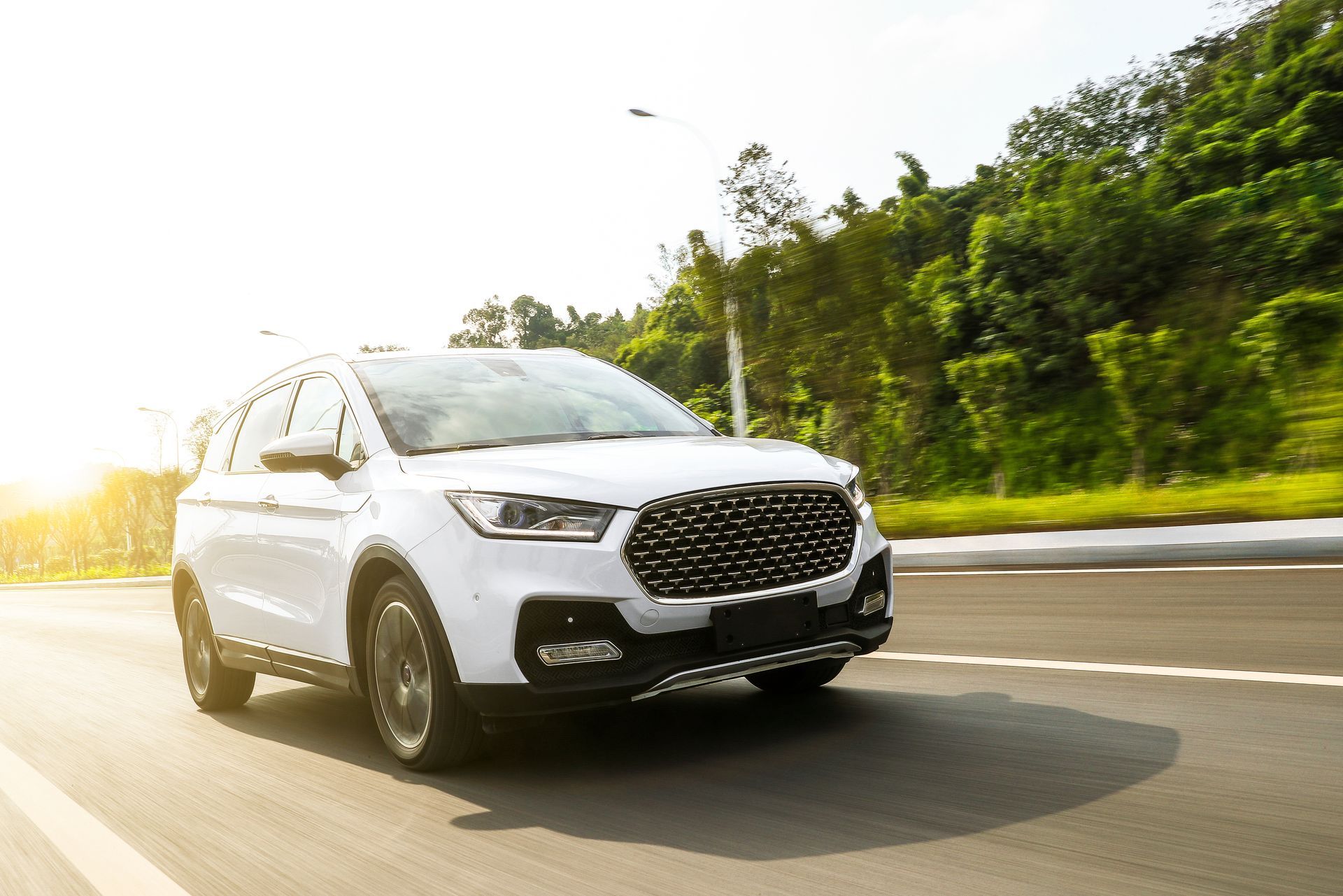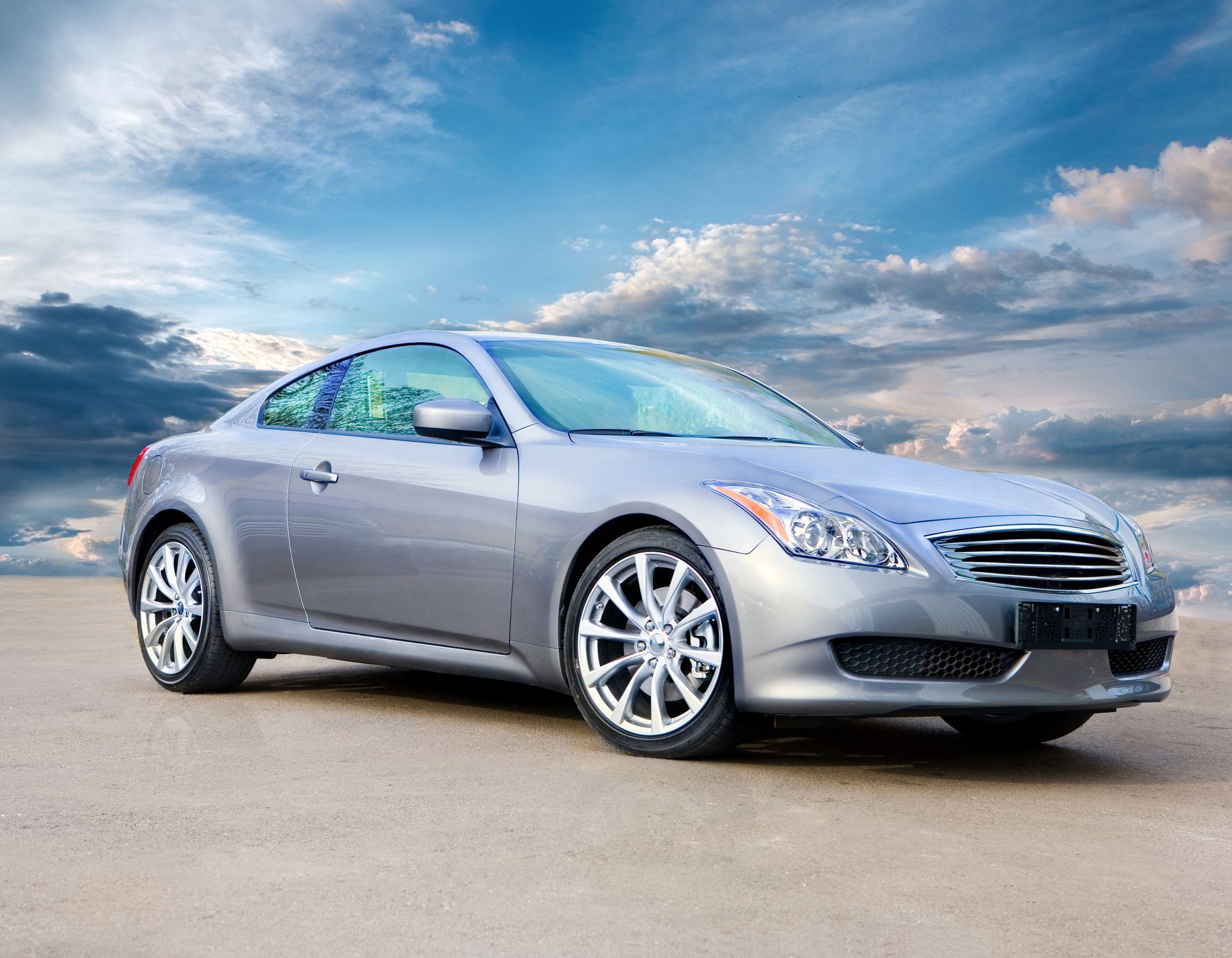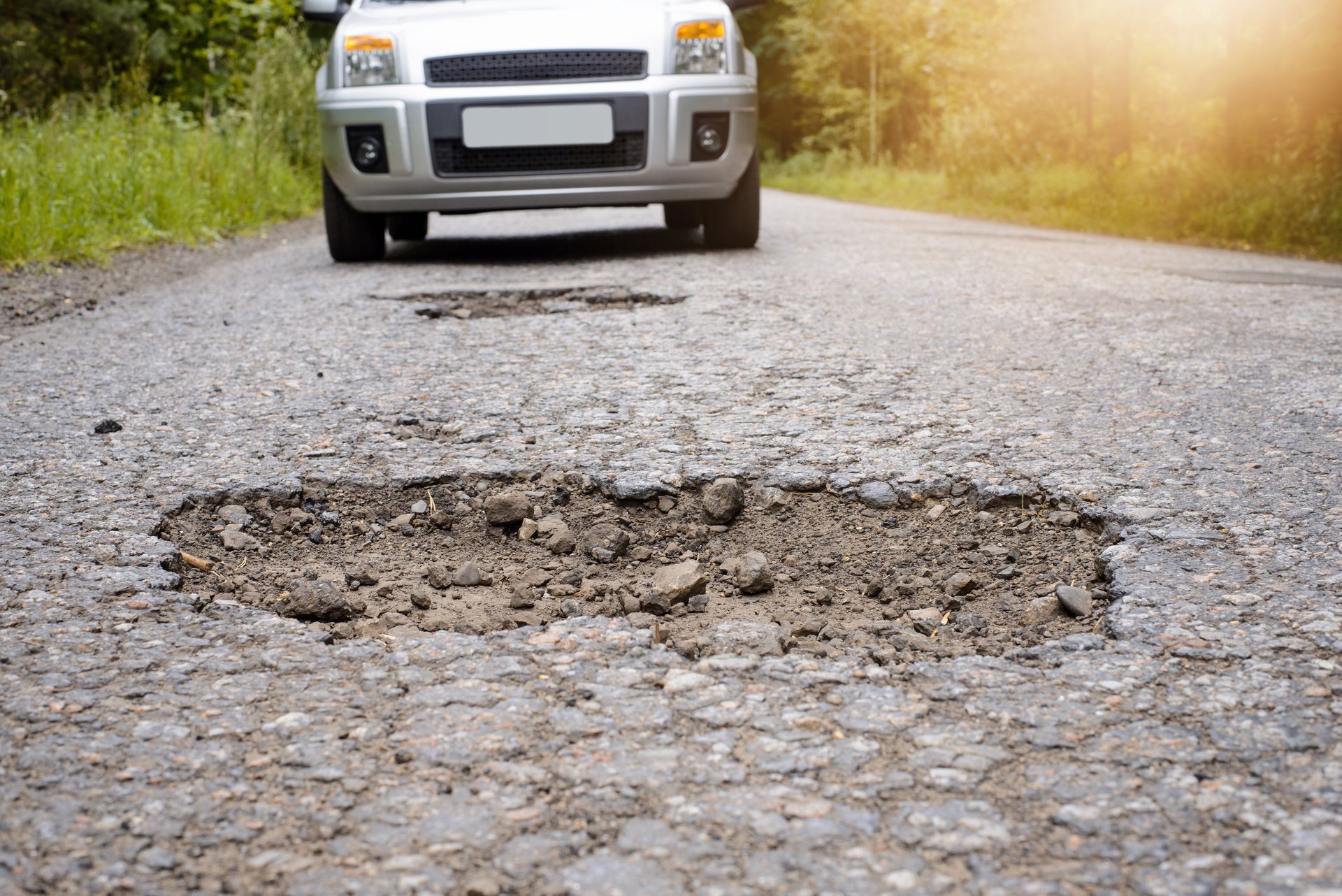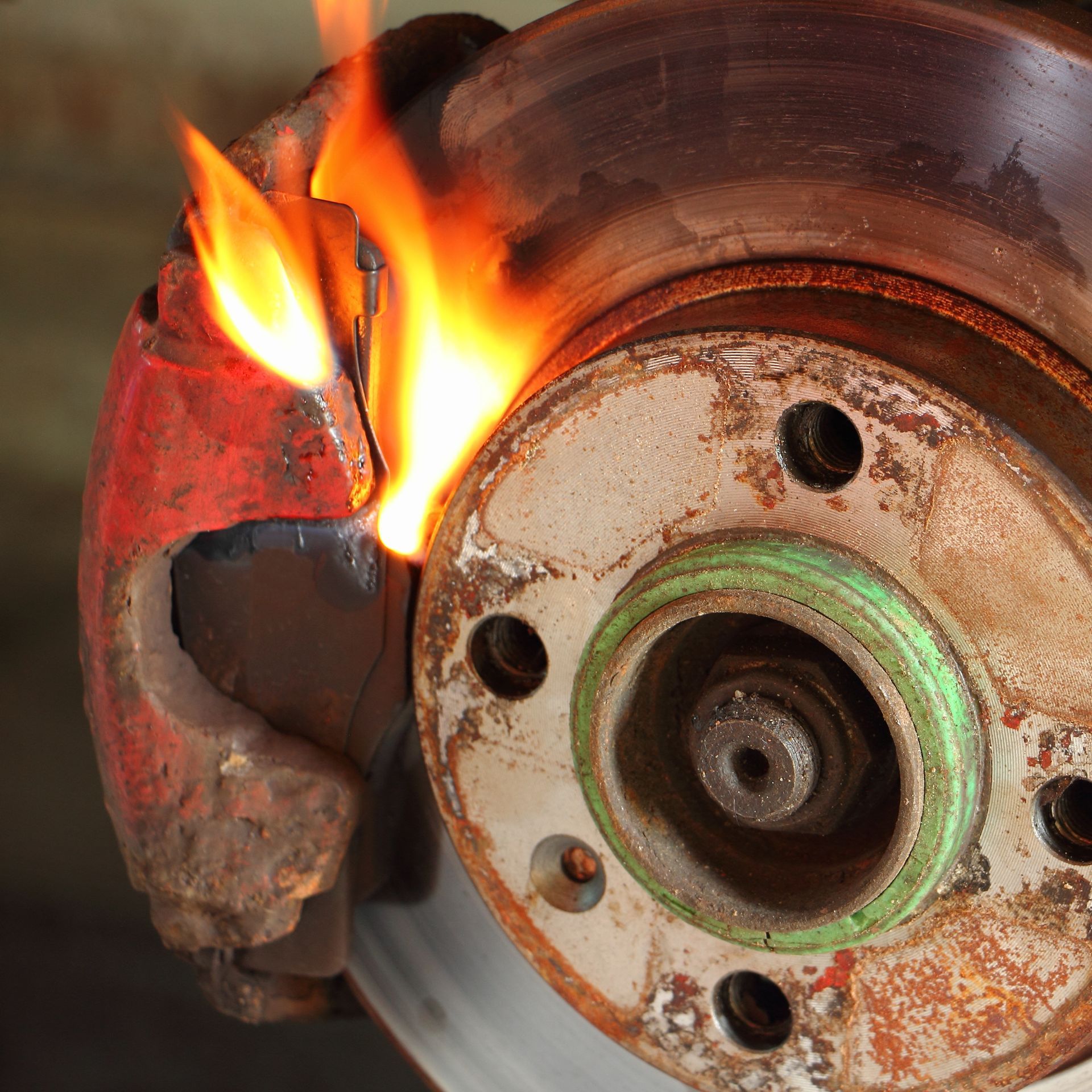Gravel roads can be a beautiful route to take, especially when you’re surrounded by nature. But if you regularly find yourself on these less-than-smooth surfaces, you might start to wonder about the toll it takes on your car—particularly the undercarriage. While driving on gravel roads doesn’t necessarily spell disaster for your vehicle, it can lead to some wear and tear that’s worth being aware of. Let’s see how gravel roads affect your car’s undercarriage and what you can do to minimize the risk of damage.
How Does Gravel Affect Your Car’s Undercarriage
The undercarriage of your car is home to several vital components: the exhaust system, suspension parts, fuel lines, and other critical elements that keep your vehicle running smoothly. On smooth pavement, these components are relatively safe. But on gravel roads, the situation changes. Small rocks and debris get kicked up by your tires and can hit the undercarriage with surprising force.
These impacts can cause:
Scratches and Dents
One of the most common issues when driving on gravel is minor to moderate damage to the undercarriage. This could mean small scratches, dents, or chips in metal components. While these might seem cosmetic at first, over time, they can lead to rust if left unchecked.
Damage to the Exhaust System
Your exhaust system hangs relatively low under your car, making it particularly vulnerable to gravel and rocks. A hard enough hit from a stray rock could dent the exhaust pipe or even damage the muffler. If left unattended, this could lead to exhaust leaks, which might harm your car's performance and efficiency.
Suspension Wear and Tear
Your suspension system is designed to absorb shocks and vibrations, but gravel roads provide more jarring impacts than smooth highways. Consistent driving on uneven terrain can speed up wear and tear on suspension parts like shocks, struts, and bushings, leading to costly repairs if not addressed.
How to Reduce the Risk of Damage on Gravel Roads
While gravel roads are tough on your car, there are several things you can do to minimize potential damage to your undercarriage.
Drive Slowly
One of the best ways to reduce the impact of gravel on your undercarriage is to slow down. The faster you drive, the more force the gravel has when it hits your vehicle. Reducing speed minimizes the number of rocks kicked up and can prevent them from hitting your car with enough force to cause significant damage.
Consider Undercarriage Protection
Some vehicles, particularly trucks and SUVs, come with skid plates or other types of undercarriage protection. If your vehicle doesn’t have this, it might be worth looking into installing it, especially if you frequently drive on gravel or off-road. This additional layer of protection can prevent gravel from making direct contact with vulnerable components.
Regular Inspections
If you often find yourself driving on gravel roads, it’s a good idea to schedule regular inspections for your car’s undercarriage. This allows you to catch any damage early before it becomes a more significant issue. Look for scratches, dents, or leaks from any components.
Is It Safe to Drive on Gravel Roads Long-Term
Driving on gravel roads isn’t inherently dangerous for your vehicle, but it can accelerate the wear and tear on certain parts of your car—particularly the undercarriage. With the proper precautions, such as driving at a reduced speed and performing regular maintenance checks, you can limit the impact gravel has on your vehicle.
If you regularly drive on gravel, consider the type of car you own as well. Some vehicles, especially those with higher ground clearance and tougher suspension systems, are better suited for rough roads. Smaller cars or vehicles with lower ground clearance may be more vulnerable to damage and require more frequent maintenance.
What Should You Do If You Suspect Damage
If you’ve driven on gravel roads and suspect your car has sustained damage, it’s important to act quickly. Signs that something is wrong include unusual noises coming from under the car, reduced handling, or visible leaks. Even small dents or scratches to the undercarriage can lead to bigger problems down the road, such as rust or component failure.
Take your car to a repair shop to get it checked out by a professional. They can assess whether there’s any damage to key systems like the exhaust, suspension, or fuel lines. Early detection is the key to preventing costly repairs later on.
Keep your car protected from gravel road damage—schedule an undercarriage inspection at
Mountain Tech. Stay safe on every road!



